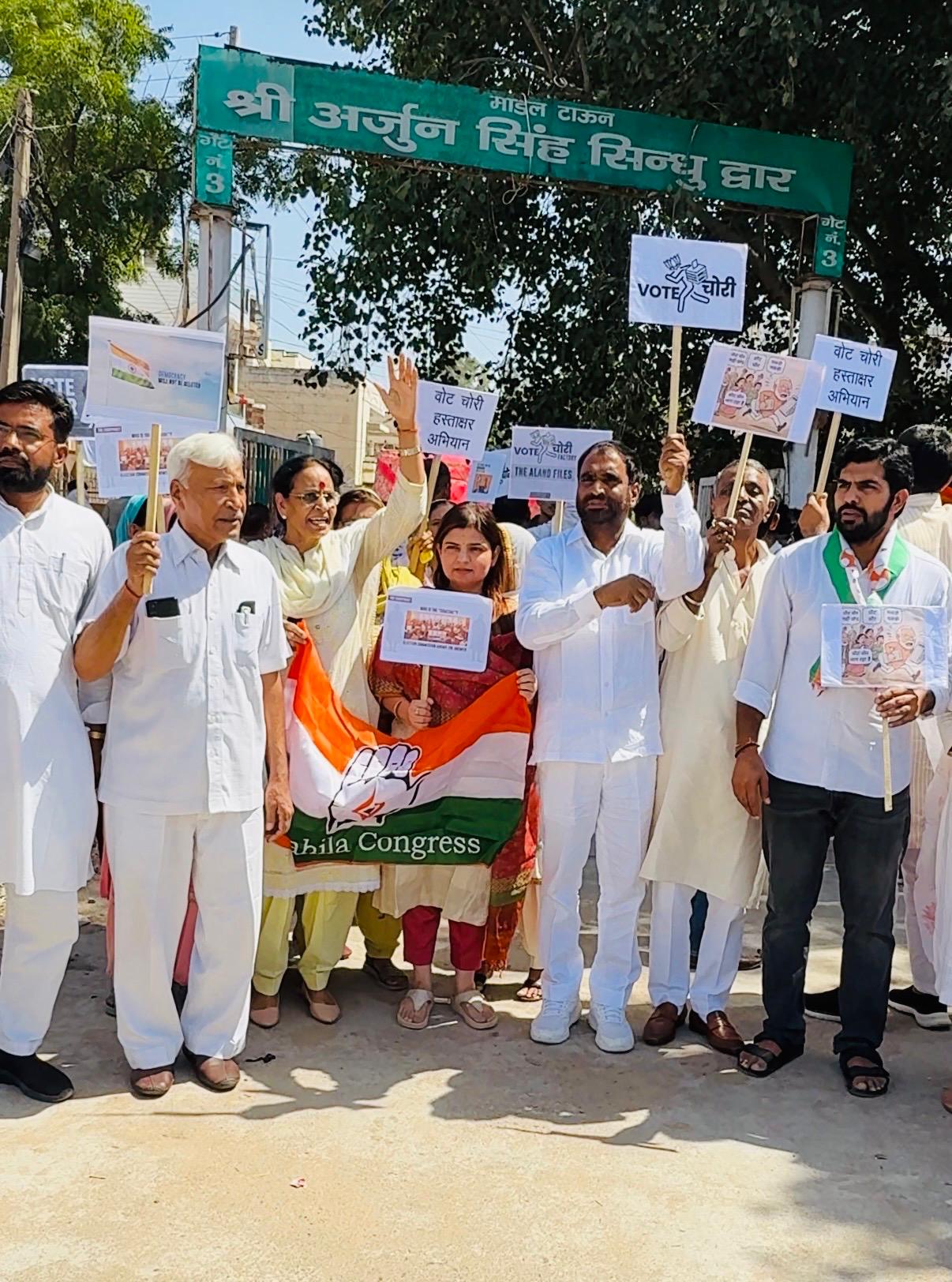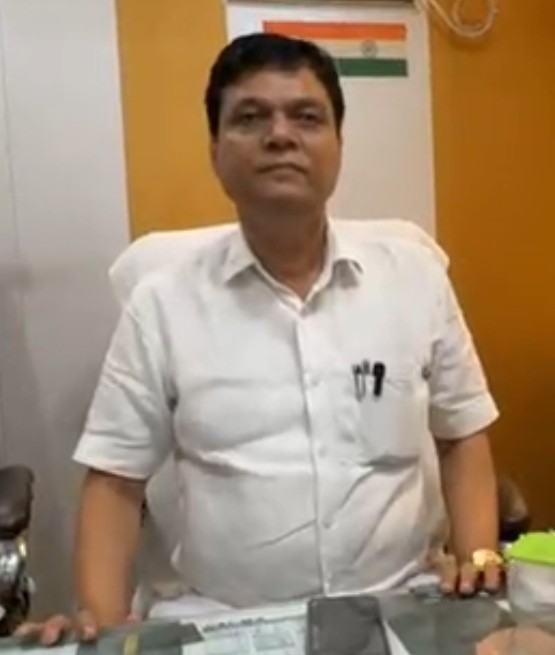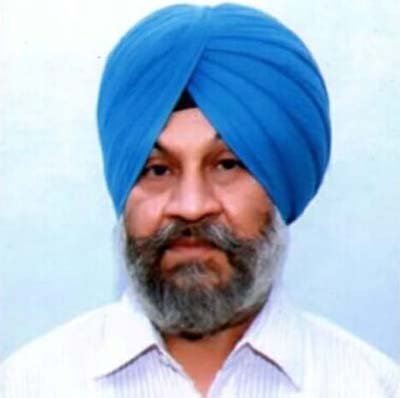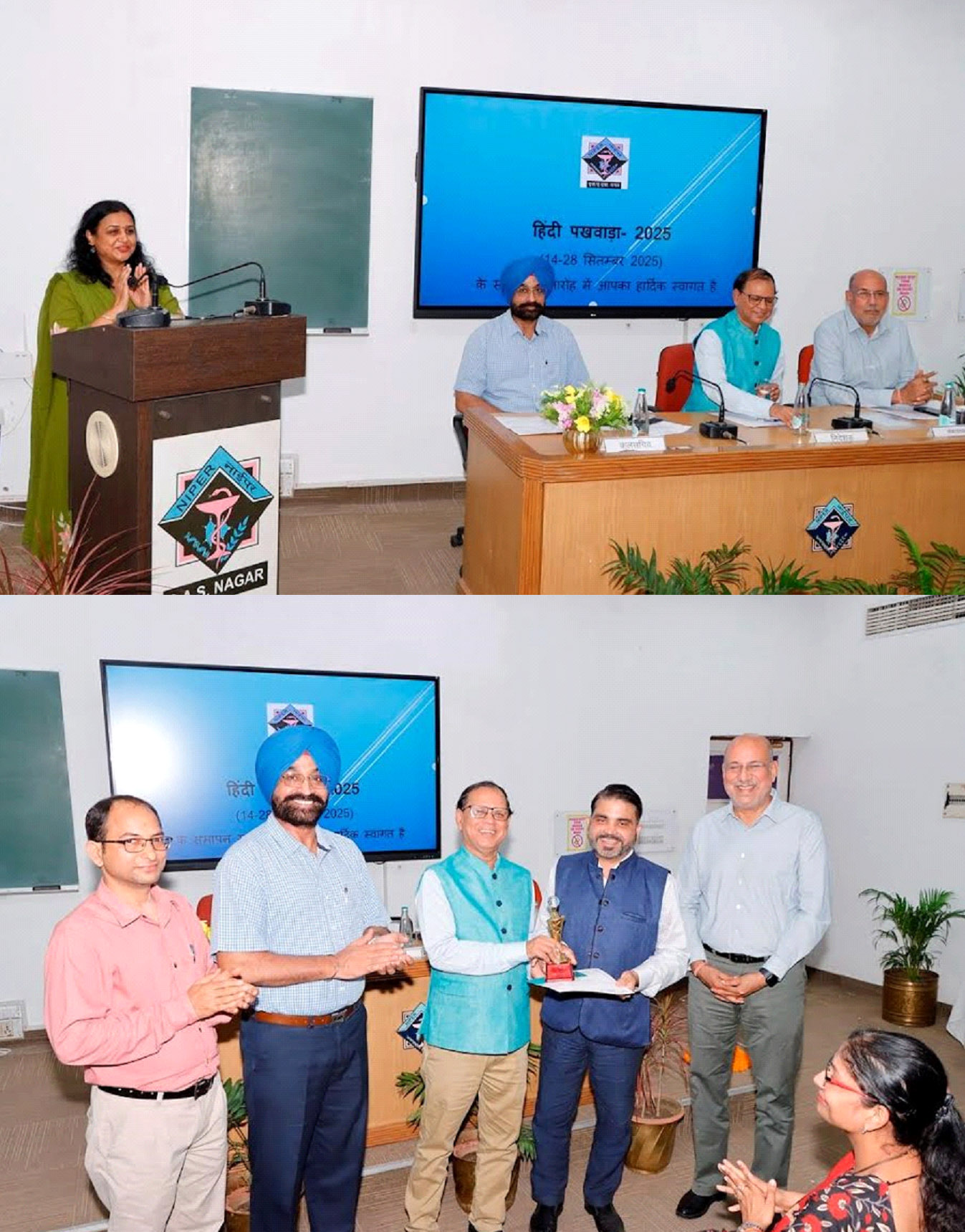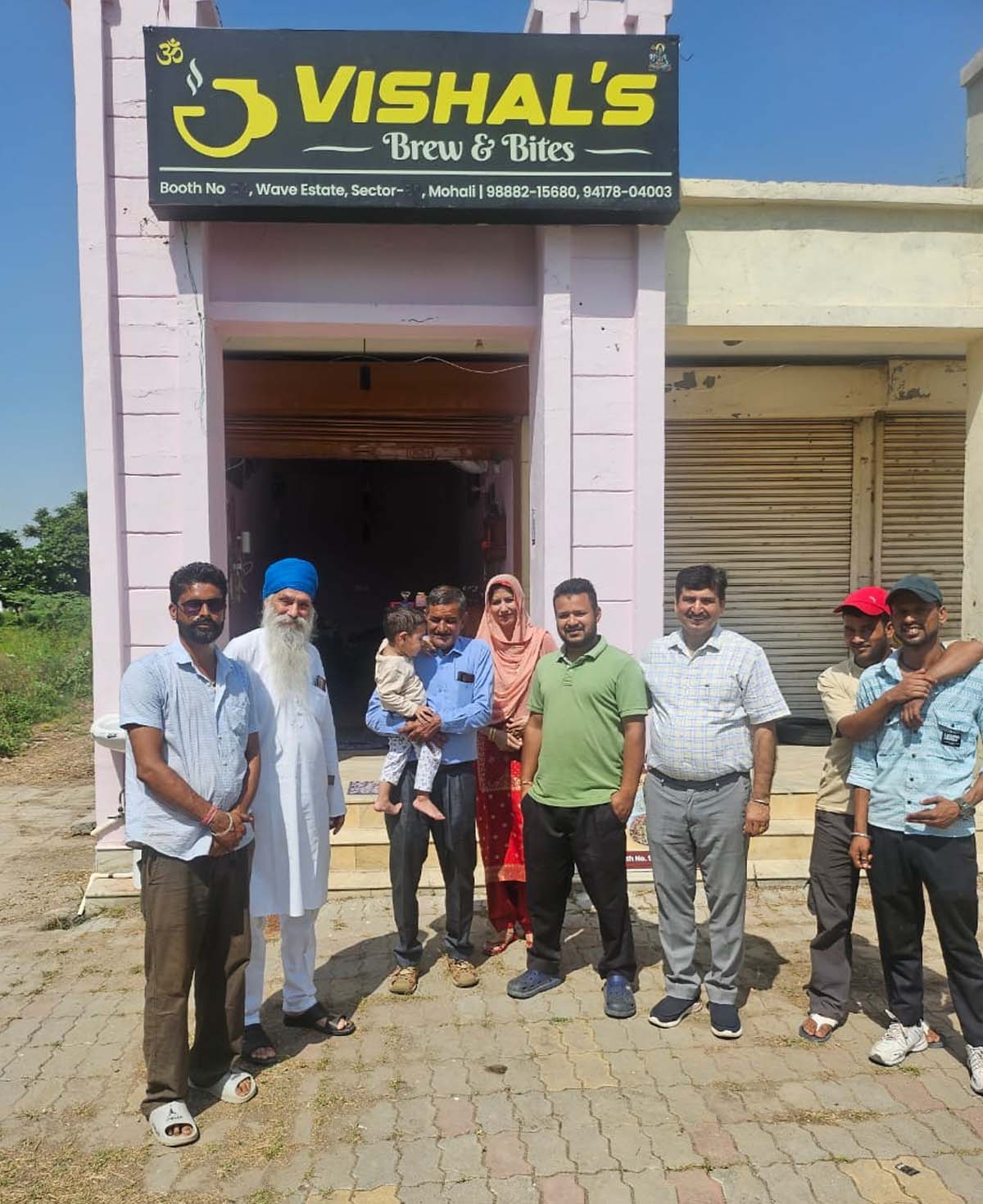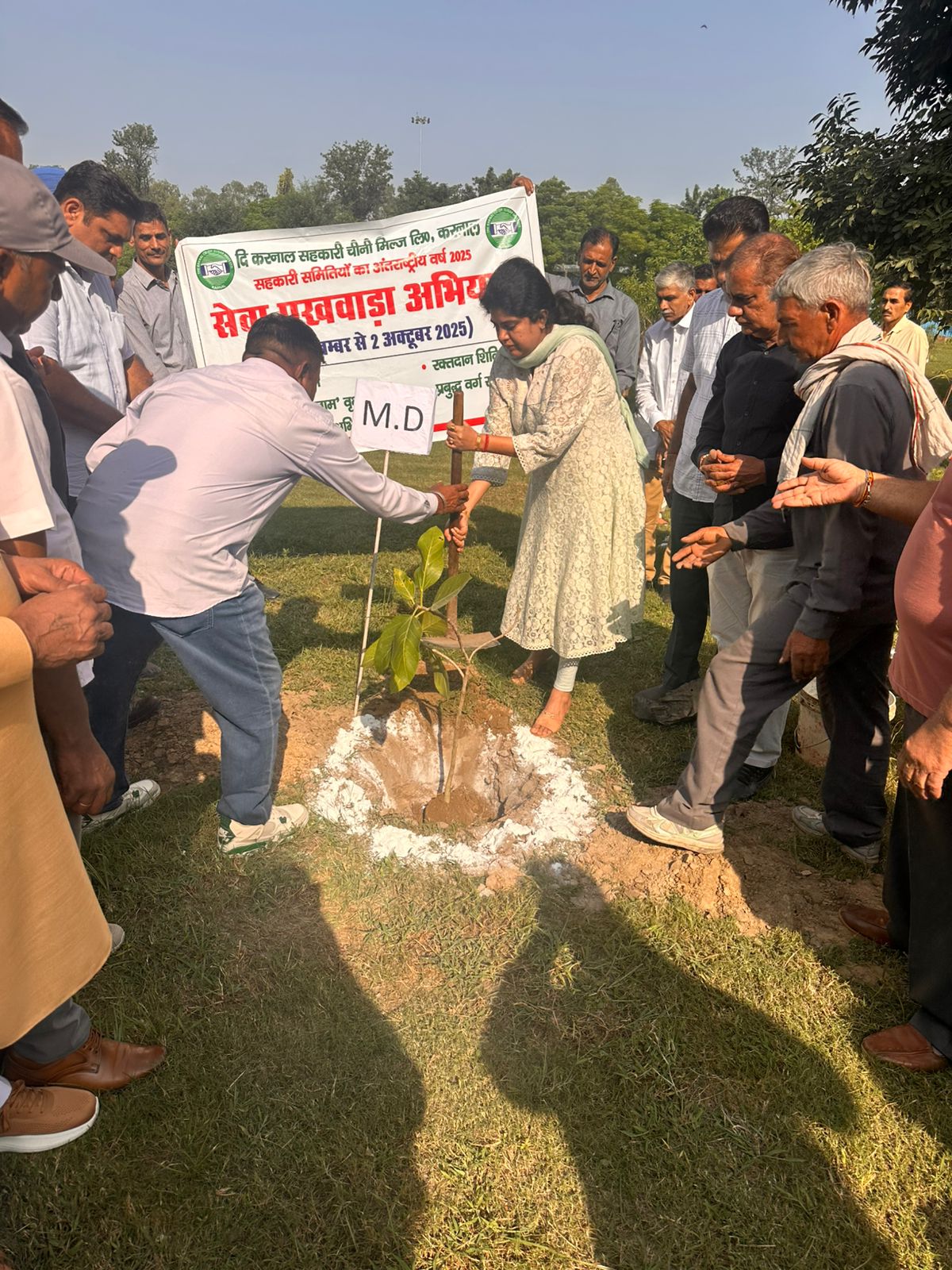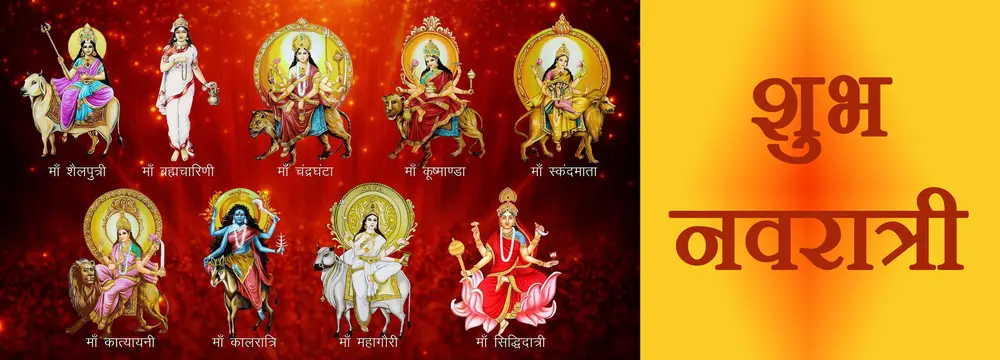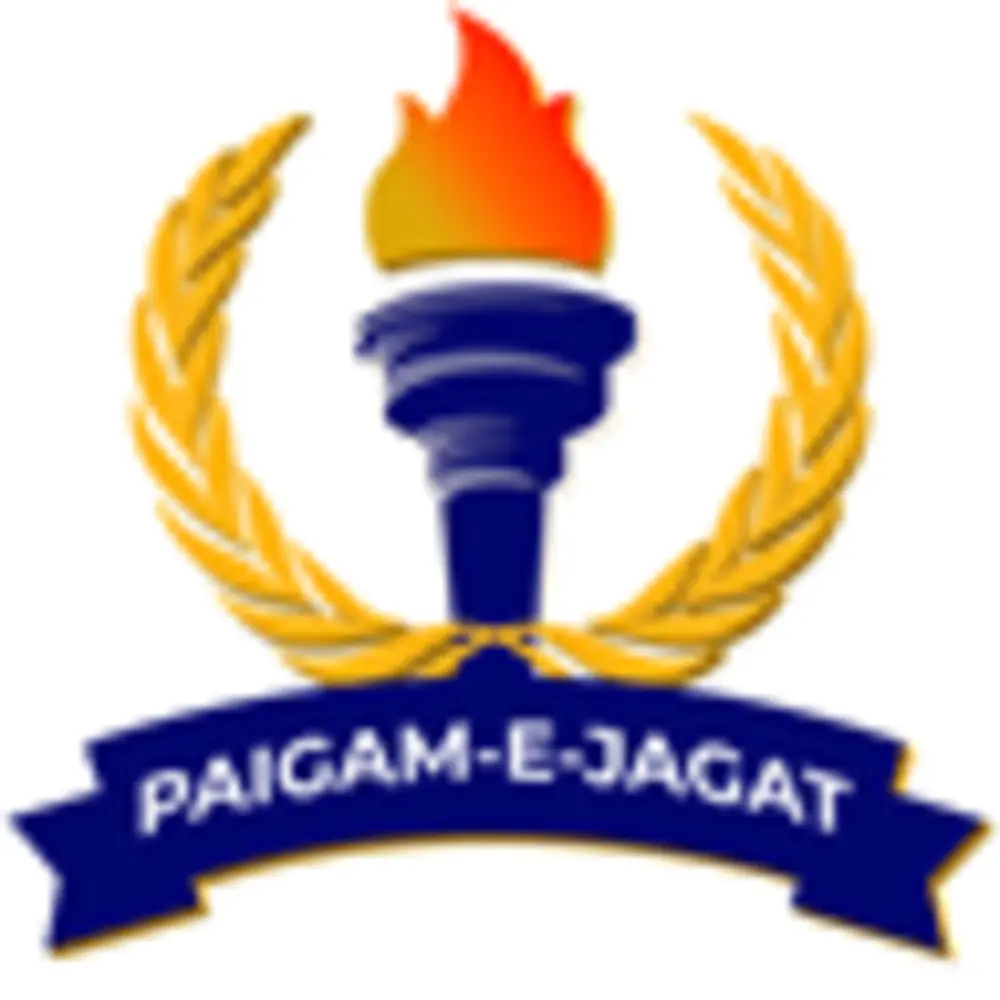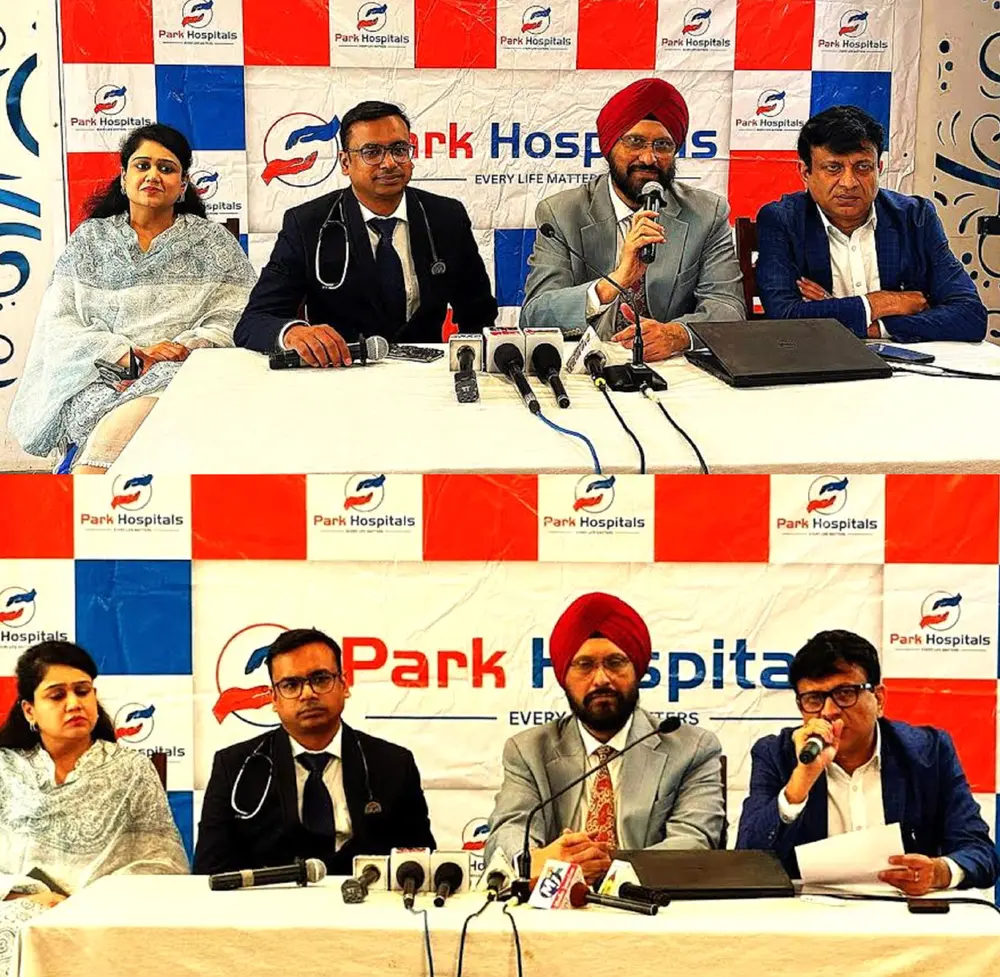
Nearly 50% of heart attacks in India occur in people under the age of 50, and 25% in those under the age of 40: Dr. HS Bedi.
Chandigarh, September 26:- A team from Park Hospital, Mohali, including Chairman Cardio Thoracic & Vascular Surgery Dr HS Bedi, Consultant Cardiologist Dr Sachin Bansal, Consultant Cardiac Anaesthesia Dr Priyanka Goyal and CEO Dr Rohit Jaswal addressed a press conference here on Friday on the rising trend of heart diseases among young Indians. Park Hospitals is North India's largest super specialty hospital network with 19 hospitals, 3500 beds, 800 ICU beds, 14 Cath Labs, 45 modular OTs and over 1000 doctors.
Chandigarh, September 26:- A team from Park Hospital, Mohali, including Chairman Cardio Thoracic & Vascular Surgery Dr HS Bedi, Consultant Cardiologist Dr Sachin Bansal, Consultant Cardiac Anaesthesia Dr Priyanka Goyal and CEO Dr Rohit Jaswal addressed a press conference here on Friday on the rising trend of heart diseases among young Indians.
Park Hospitals is North India's largest super specialty hospital network with 19 hospitals, 3500 beds, 800 ICU beds, 14 Cath Labs, 45 modular OTs and over 1000 doctors.
Speaking on the occasion, Dr. HS Bedi said that Park Hospital Mohali is a center of excellence for cardiac science, offering services such as primary angioplasty, complex angioplasty, biventricular pacemaker (CRT), combo devices, ICDs, carotid artery stenting, TAVR/TAVI, peripheral artery and below-knee interventions, management of aortic dissection, aortic aneurysm, all types of CTVS surgeries such as CABG, valve replacement, ASD, VSD (hole in the heart), etc., all under one roof at Park Hospital Mohali.
Dr. HS Bedi further explained that India ranks first in the world in heart attacks among men over 35, and by the next decade, heart disease will be the leading cause of death and disability in India. The average age of people suffering from heart disease is decreasing, and these days, we are seeing patients under 25 years of age coming to us with heart attacks.
Dr. Bedi also explained that minimally invasive cardiac surgery and robotic surgery are emerging on a large scale these days, and these technologies are poised to become the future of cardiac surgery.
Dr. Sachin Bansal explained that approximately 30 million people in India suffer from coronary artery disease. India will soon have the highest number of heart disease cases in the world. Furthermore, 27% of deaths in India are due to heart-related diseases.
Dr. Sachin also explained that this year's World Heart Day theme, "Don't Miss a Beat," encourages people to be proactive about their heart health by not ignoring warning signs, getting regular checkups, and adopting a heart-healthy lifestyle.
It emphasizes that consistent care and attention to heart health can prevent premature death and improve overall health. India contributes to 60% of the world's total cardiovascular disease burden, despite having less than 20% of the global population.
Dr. Priyanka Goyal said that a large number of young Indians are now facing the consequences of their poor lifestyles. Coronary artery disease is plaguing the country, and if this continues, the future looks even more dire.
Park Hospital CEO Dr. Rohit Jaswal said, "Park Hospital Mohali is now empaneled with ECHS, CGHS, ESI, Ayushman, Haryana Government, Himachal Pradesh Government, and all major corporations, and all types of non-invasive and surgical treatments for heart-related problems are available under one roof at Park Hospital Mohali."
Ways to reduce the risk of heart disease:
Ø Don't smoke.
Ø Know your high blood pressure, diabetes, and cholesterol risks.
Ø Maintain a healthy weight.
Ø Exercise regularly.
Ø Eat less saturated fat, more vegetables, and more fiber.
Ø Get your lipids checked and avoid trans fat.
Ø Avoid/consume alcohol in moderation.
Ø Undertake an annual preventive health package.
Ø Manage your stress through yoga and meditation.
Ø Know your homocysteine levels.
Never ignore these 11 symptoms Ignore:
Ø Chest discomfort, pain, tightness, or pressure.
Ø Nausea, indigestion, heartburn, or stomach pain.
Ø Pain that spreads to your arm.
Ø Dizziness or a sudden drop in blood pressure.
Ø Pain or pressure in the center of your chest that spreads to your throat or jaw.
Ø Shortness of breath when walking briskly or climbing stairs.
Ø Excessive snoring in obstructive sleep apnea.
Ø Sweating for no apparent reason.
Ø Irregular heartbeat.
Ø Long-lasting cough with pink or white mucus.
Ø Swelling in the legs, feet, and ankles.

